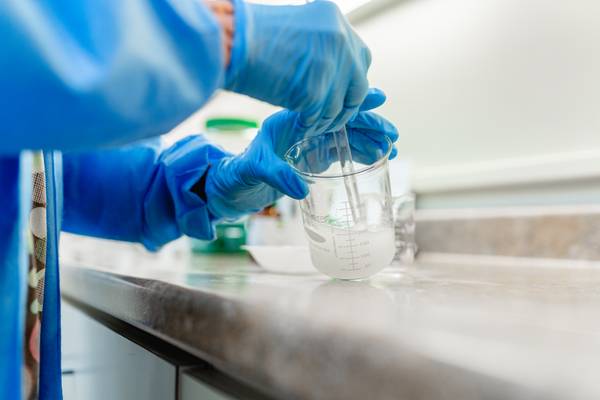What is compounding?

Pharmaceutical compounding is the process of creating customized medications for patients. This involves a licensed pharmacist or a physician preparing drugs by combining, mixing, or altering ingredients to tailor them to the specific needs of an individual patient. Compounding can provide solutions when commercial medications are unavailable, unsuitable, or require modification to meet particular medical needs.

Key Aspects of Pharmaceutical Compounding
- Customization: Medications are tailored to the specific dosage, form, or ingredients required by the patient, which is not available in standard commercial drugs.
- Dosage Forms: Compounded medications can be made in various forms such as oral solutions, creams, ointments, gels, suppositories, and injectables.
- Ingredients: Pharmacists may combine or exclude certain active ingredients, fillers, preservatives, or dyes based on patient requirements or allergies.
- Flavors and Additives: Flavors can be added to make medications more palatable, especially for children or pets.
